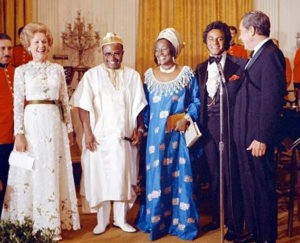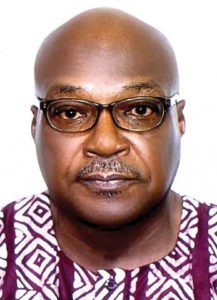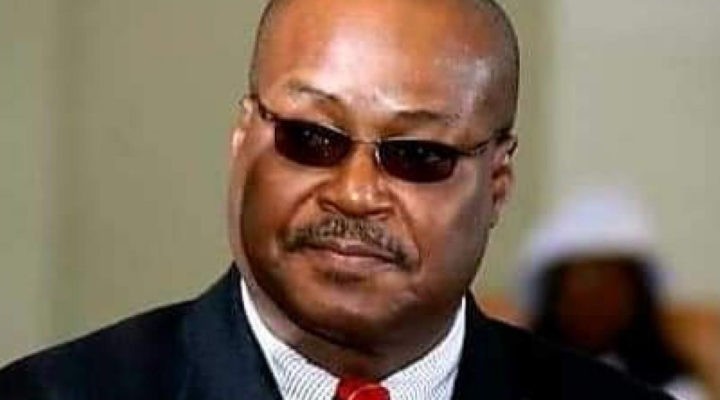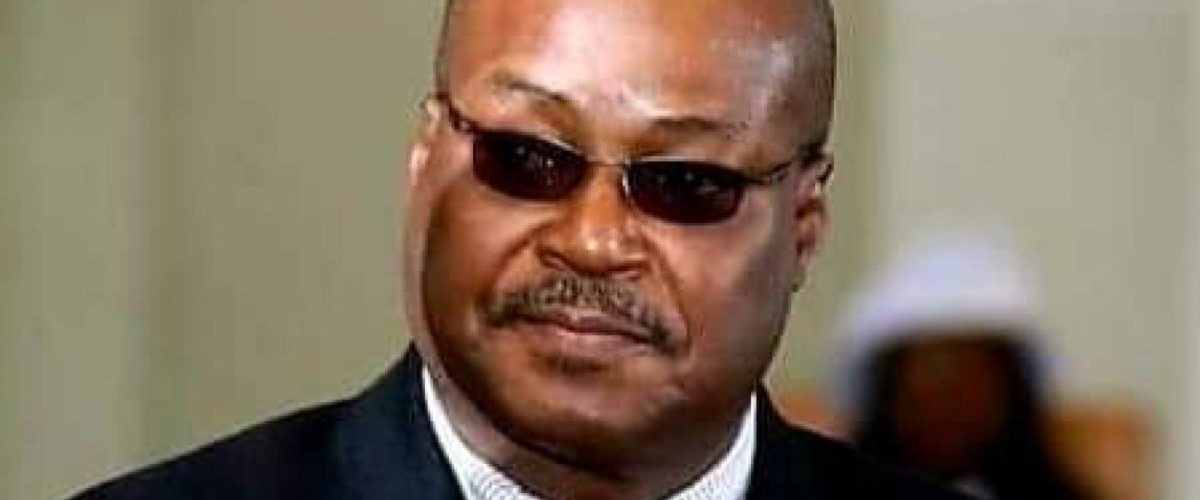William Richard Tolbert III, 68, the last-born son of the late William R. Tolbert Jr, Liberia’s 20th president, died Nov. 1 in his apartment in Monrovia, Liberia, after being assaulted by a yet-not-known assailant.
The Ministry of Justice in the Republic of Liberia has begun an investigation into Tolbert’s murder and the murders of two other prominent Liberians: John Hilary Tubman, 76, a son of the late William V.S. Tubman, Liberia’s 19th president (for whom William R. Tolbert Jr. served five terms as a Liberia’s vice president) and Madam Maude Elliot, personnel department of the Liberia Immigration Service.
Tubman and Elliot also were murdered in their residences, in or near Monrovia. Authorities note that all three victims met their demise in similar ways — knife wounds to neck and forehead. The similarities have fomented speculation about whether or not the murders are related. That two of the victims were sons of former presidents (Tubman and Tolbert) increases the questions swirling about the investigations.
In the wake of the murders Liberia finds itself, again, in protracted turmoil.
The Tolbert name evokes memories of years of hope and progress in Liberia in the middle of the last century.

On June 5, 1973, President and Mrs. Nixon hosted a state dinner for Liberian President William R. Tolbert Jr. and his wife, Victoria Anna David-Tolbert. They are shown here with singer Johnny Mathis. (Nixon Library)
In addition to a long tenure as vice president of the Republic of Liberia, William R. Tolbert Jr. was the first African to be elected president of the Baptist World Alliance (1965-1970). Concurrently, he was the president of the Liberia Baptist Missionary and Educational Convention for two decades. Tolbert also was the pastor of Zion Praise Baptist Church in Bentol City (also known as Bensonville) since 1988 not far from Monrovia.
His son, Bill Tolbert, was no stranger to Liberian hopes for progress and peace, and the associated turmoil. In the 1970s Bill had enrolled at Cornell College in Mount Vernon, Iowa, graduating in 1977. In 2016 Cornell College posted a short essay Bill wrote, reflecting upon his past, including his time at Cornell College, and his enduring hope for Liberia.
After graduation from Cornell College, Bill returned to Liberia to join in the hopes and struggles his father had pursued.
In the months after his father’s assassination at the hands of Master Sergeant Samuel Kanyon Doe in the early hours of April 12, 1980 — and the subsequent death of his son A. Benedict Tolbert a few days later — Bill Tolbert and other family members were political prisoners of the Doe administration for more than 20 months.
Upon his release, Bill returned to the United States to pursue further education, including a master of Christian education degree from Southern Baptist Theological Seminary and an MBA from Pace College.

William Tolbert III
After graduation from Southern Seminary in 1986, Bill again returned to Liberia. Finding the country on the brink of economic collapse, Bill devoted the next dozen years working in the United States but making frequent trips to his homeland with the goal of creating partnerships in Liberia and abroad that could address the deep needs of Liberians.
In 1999 Bill found himself, once again, in Liberia, actively involved in efforts striving for peace and reconciliation after more than a decade of civil wars.
Bill was not hardened by the experiences of his life. The challenges softened him and led him to committed service in Liberia, West Africa and beyond.
In 2015 President Ellen Johnson Sirleaf appointed William F. Tolbert III National Peace Ambassador, in part for his work with the African Council of Religious Leaders, a coalition of eight nations pursuing peace and justice initiatives. The appointment carried over when George Weah assumed the presidency of Liberia in 2018.
William Richard Tolbert III is remembered as a kind and gentle person, a man of integrity and wisdom, a servant leader among Liberian Baptists, an international ambassador of peace and justice.
He is survived by his wife and partner of 40 years, Henrietta R. Tolbert; their eight children, Irene Tolbert-Kroteh, Viatta Tolbert-Carter, Ruth H. Tolbert, William R. Tolbert IV, William Westerfield Z. Tolbert, Nyesuadah K. Tolbert, Nekiaye L.M. Tolbert, and Fonate M. Tolbert; nine grandchildren, siblings, and many other extended family members and friends.
A traditional Liberian wake will be observed on Dec. 10, 2021, followed the next day with a celebration of his life and legacy.
Richard Francis Wilson is the Columbus Roberts professor of theology in the Columbus Roberts Department of Religion and former chair of the department in Mercer University’s College of Liberal Arts and Sciences. He was president of the Liberia Baptist Theological Seminary near Monrovia from 2014 to 2016.
Related articles:
Angry man with bulldozer severely damages Dellanna West O’Brien School in Liberia
A lesson in giving from Liberia | Opinion by Colleen Burroughs
Q&A with Richard Wilson on applying Ebola lessons to COVID-19


